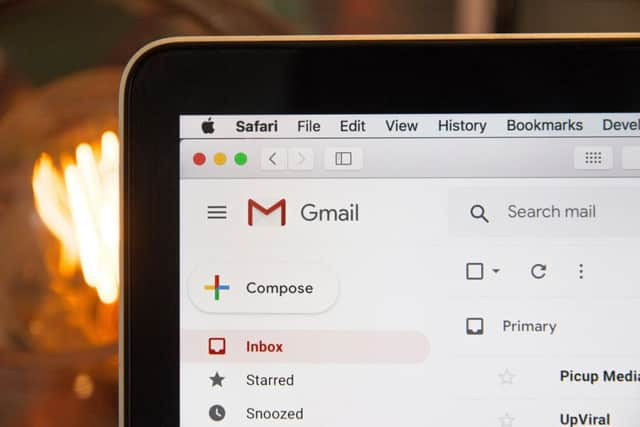Still using Outlook Express? Here’s why you should reconsider


Actually, there are many reasons to reevaluate the way you send and receive messages, even if you do so only on a single computer.
That was the way Microsoft intended it to be used, because when it was invented, one PC was all that most people needed or wanted. The program lives on the hard disk and can be accessed from nowhere else.
Advertisement
Hide AdAdvertisement
Hide AdOutlook Express began life as a cut-down version of Microsoft’s industrial email and calendar program for offices, and in its favour, it does a good job of organising emails into folders. You can have hundreds, if you like, and nest them within each other.
It’s also free. But there its list of advantages runs out. On the debit side, there is its insistence on keeping your message not only on a local drive but in a proprietary format that other software can’t read. That’s fine so long as your hardware continues to work as it should, but – as I learned to my cost 10 or so years ago – catastrophic if it doesn’t.
It takes only a relatively minor disk error to corrupt your inbox to the point that no amount of surgery can rescue it. I lost hundreds of messages, and though their contents is of no consequence now, it was at the time. Goodness knows how many marriage proposals from Nigerian princes and princesses I have had to forego.
The reason so many went for a burton is that Outlook Express combines the messages from each of your folders into a single file. Your Inbox folder, for instance, may have 5,000 emails in it but Outlook Express sees them just as one long one. If the file becomes inaccessible, they all disappear.
Advertisement
Hide AdAdvertisement
Hide AdAnd that is all quite apart from the outdated one-machine concept. Most of us now take it for granted that we can access our messages on our phones, laptops and tablets, and that each device will synchronise automatically. That’s why Microsoft no longer supports Outlook Express. Even its successor, Windows Live Mail, is obsolete.
So while it’s true that if you have an old PC, Outlook Express will continue to work, it’s still a good idea to look elsewhere. If you upgrade to a new version of Windows, you will have no choice.
Most modern email services are web-based. Gmail is perhaps the best-known and it’s certainly as good as any. The migration from a desktop program may involve an initial learning curve but it will soon become second nature.
The main difference, apart from universal accessibility on any device connected to the internet, is the use of tags instead of folders to file away your messages. These tend to confound new users because adding a tag doesn’t move an email from your inbox, but you can browse tags in exactly the same way as your old folders.
Advertisement
Hide AdAdvertisement
Hide AdYou can also import messages to Gmail, and many other email clients, from Outlook Express. There are online guides on how to do this, but be warned that if it’s years since you last configured your settings, it may be more trouble than it’s worth.
However, backing up and exporting messages to somewhere else on your hard disk – or, better still, a portable one – is easier. It’s also a worthwhile precaution should the worst happen. You’ll find an “import and export wizard” in the file menu, and if you save just a single folder at a time, you will reduce the chance of corruption.